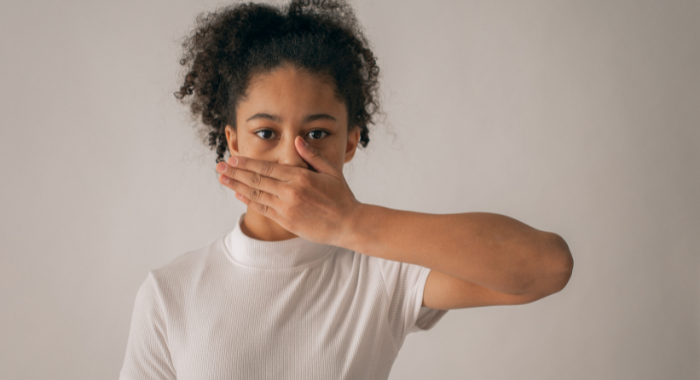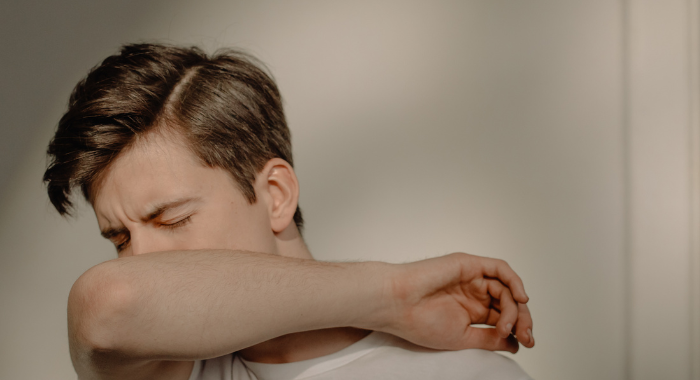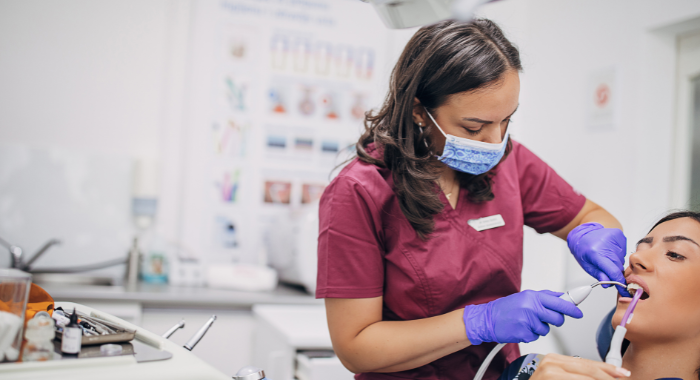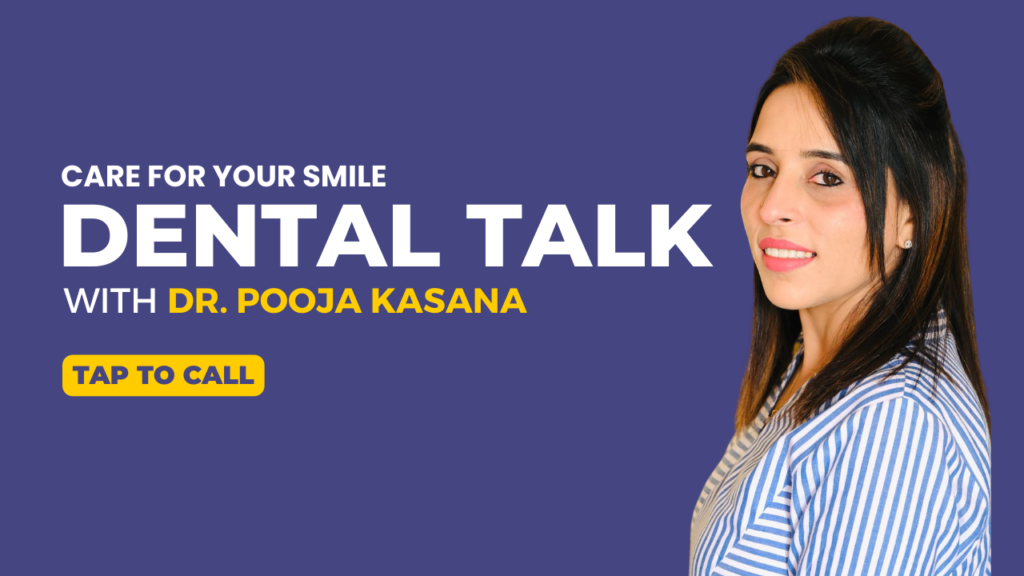What is Pyorrhoea disease?
Pyorrhoea disease also known as periodontal disease is a very common disease of the gums. It is also known as periodontitis which means inflammation in the gums. It is generally caused due to bacterial infection or poor hygiene. This infection weakens gums and teeth. This condition directly affects the periodontium(the organ which holds the teeth). Pyorrhoea leads to the accumulation of bacteria which results in a condition named plaque (A yellowish sticky layer on teeth)

Types of Pyorrhoea disease
There are three types or stages of pyorrhoea.
Chronic pyorrhoea:- this is the most common type of pyorrhoea, which is caused due to the gradual building up of plaque. This is most common in adults, but it doesn’t mean that children are not affected by chronic pyorrhoea. If oral hygiene is neglected then anybody out there can get infected. If this condition will not get treated soon then later it can cause the loss of tooth also. This condition is completely curable.
Aggressive pyorrhoea:- This is a hereditary pyorrhoea. It is generally seen in early adulthood or childhood. Aggressive periodontitis is not a common type of pyorrhoea. If it remains untreated then it may cause loss of teeth and bone.
Necrotizing pyorrhoea:- it is the worst type of pyorrhoea, which cause cell necrosis of supporting bone, ligament, and teeth and stops the blood supply to gums. This is usually seen in people who have weak immune systems due to diseases like HIV, cancer, and COVID-19
Causes of Pyorrhoea disease
The most common cause of pyorrhoea is a lack of oral hygiene, which leads to the accumulation of plaque(a yellowish and sticky layer) on teeth.
There is some common cause of pyorrhoea:-
- Poor dental habits:- irregular brushing, and flossing may lead to bacterial growth on the teeth. Due to this rapid growth of bacteria plaque may develop on your teeth and weakens the gums and teeth. Flossing is a vital part of the oral hygiene routine as it removes plaque and removes the remaining food particles from minute spaces in teeth.
- Destruction of periodontium:- periodontium tissue, that holds up the teeth may get destructed due to the accumulation of bacteria. These bacteria can cause the release of toxins which cause irritation in gums and result in gum bleeding.
- Gingivitis:- Gingivitis is an initial condition that means minor inflammation or irritation around the gums. It is a completely reversible condition that can be treated by good oral habits only. But if it remains untreated then it may develop into plaque.
- Diabetes:- diabetic patients are more prone to periodontitis infection as the increased blood glucose level promotes the growth of bacteria over teeth and so plaque formation increases.
- Smoking:- Smoking is also a major cause of pyorrhoea. Smoking tobacco during periodontitis will worsen the condition and result in the loss of teeth.
Signs and symptoms of pyorrhoea
Initially, there are no symptoms of pyorrhoea hence, it is also considered a silent disease. But when it starts progressing the clearly visible symptoms are:-
- Bad breath:- a foul smell will get noticed during the post initial stages of pyorrhoea.
- Pain while chewing:- A minor pain during chewing.
- Loose teeth:- as pyorrhoea weakens the supporting tissues, which results in the loosening of teeth.
- Swollen gums:- During pyorrhoea gums may get swelled up and then after some time a pus-like substance will get discharged from the gums.
- Gum bleeding:- this is the most common symptom of pyorrhoea.
- Space between teeth:- due to pyorrhoea the space between teeth will get increased.
- Red gums:- gums may appear bright, dusky red, or purplish during pyorrhoea.
- Gum recession:- Gums will pull back from the surface of teeth due to which teeth will look longer than normal.
- Blood when biting any hard fruit.
- Pus between teeth and gums.
- Gums become tender or sensitive.
- Gum bleeding while brushing
How to prevent pyorrhoea?
There are many ways to prevent pyorrhoea:-
- Brushing:- brushing twice a day can prevent pyorrhoea if it is not hereditary. Once in the morning time and once before sleep.
- Flossing:- Flossing is the best way to scrap the plaque. Properly flossing out the remaining bits of food and plaque will surely help to prevent pyorrhoea.
- Maintain the blood glucose level:- maintenance of blood glucose level is highly recommended to prevent pyorrhoea hence, diabetes is one of the major causes of pyorrhoea as it promotes bacterial growth.
- Regular dental visits:- every 6 months one should visit for a dental consultation.
- Don’t smoke:- smoking can worsen the condition of pyorrhoea.
Risk factors of pyorrhoea
- Poor oral health habits
- Gingivitis
- Smoking
- Obesity
- Diabetes
- Inadequate nutrition
- Genetics

What is the Treatment for pyorrhoea?
Basic Treatment:-
- Treatment of Pyorrhoea disease completely depends on the condition. If it is in the initial stages then brushing twice a day, flossing once a day, and use of mouthwash regularly can treat the pyorrhoea.
- But if it is in worsening condition then a special periodontic treatment will be required.
- Root planing:- it involves the removal of plaque/tarter from teeth, teeth polishing, and treatment of teeth with fluoride to promote the cleaning and healing of periodontitis.
- Antibiotic medicines:- antibiotics are very common in the treatment of pyorrhoea to stop the growth of bacteria.

Advanced treatment:-
- When the condition of pyorrhoea become worsens and can not be treated with basic treatment then dentists prefer to choose the advanced line of treatment for pyorrhoea. It includes surgical treatments.
- Gingivectomy:- gingivectomy is a surgical process, in which the surgeon removes the excess gingiva by a small incision. Its main purpose is to provide proper accessibility or visibility to calculus. It helps in the restoration and healing of the gingiva. It is not a complex procedure and has much significance.
- Gingivoplasty:- it is a surgical procedure, in which the surgeon reshapes the gums around teeth. Patients suffering from pyorrhoea may have an irregular shape of gums, then this gingivoplasty can help the irregular gums to look good. This technique doesn’t have any significant discomfort for patients.
The Best Dental clinic to visit
Dr. Kasana’s clinic is the best dental clinic, they provide the best and most advanced treatment for all dental problems. Dr. Kasana’s clinic is the no.1 dental clinic in Noida as they maintain the quality of treatment to the best levels and follow the sanitization protocols to provide the best safety measures to their patients. Dr. Pooja Kasana is an expert in dentistry and has experience of more than 10 years. They are providing free O.P.D. at their clinic. They have advanced equipment at their clinic for every treatment. They have both basic and advanced treatments for pyorrhoea.



